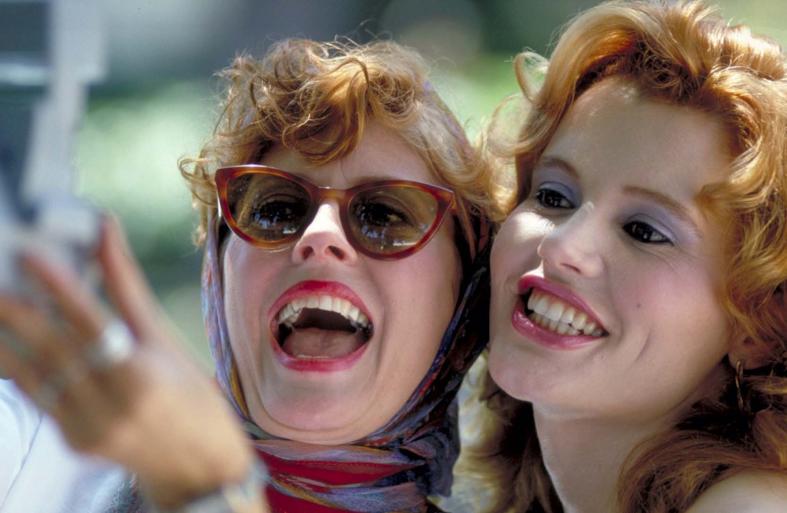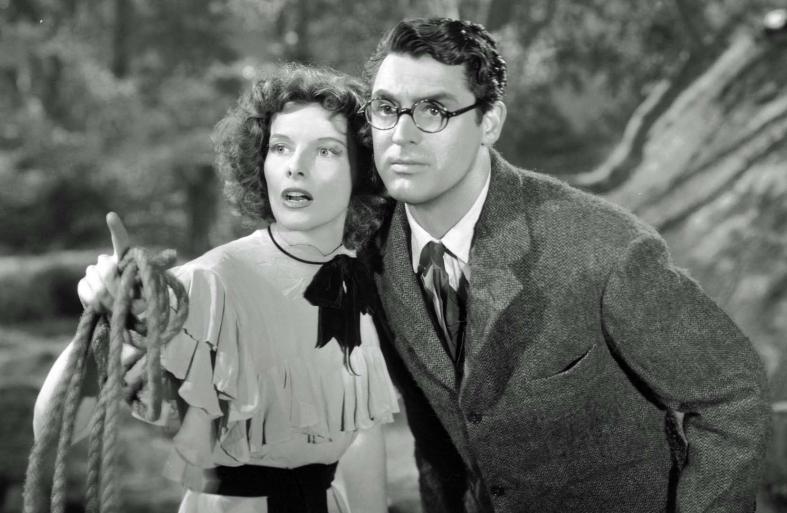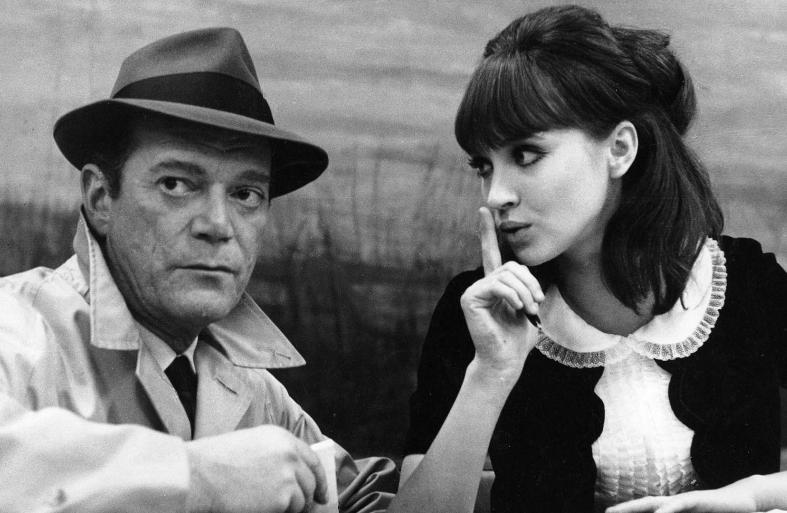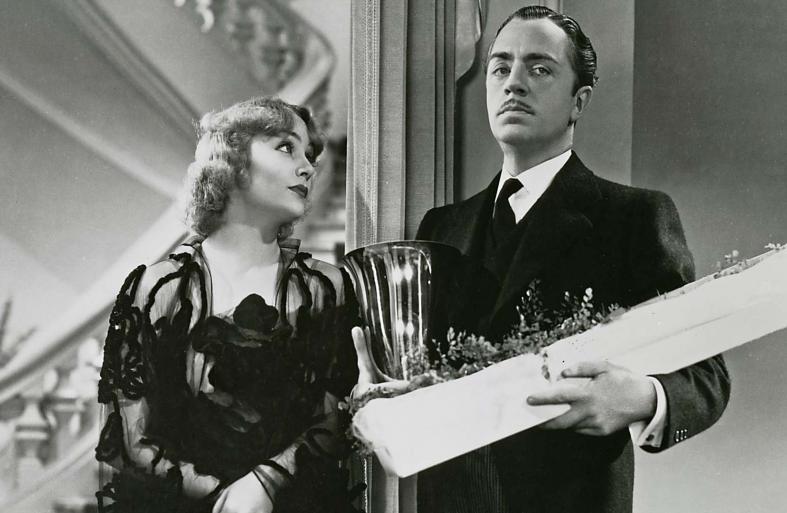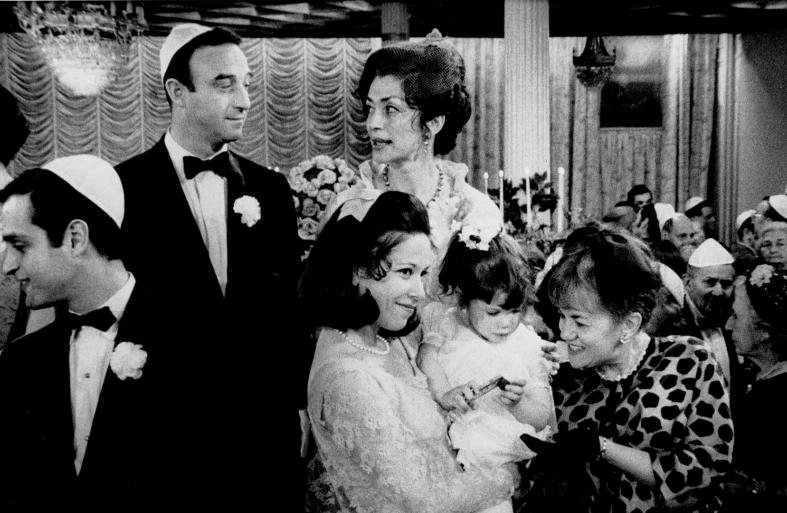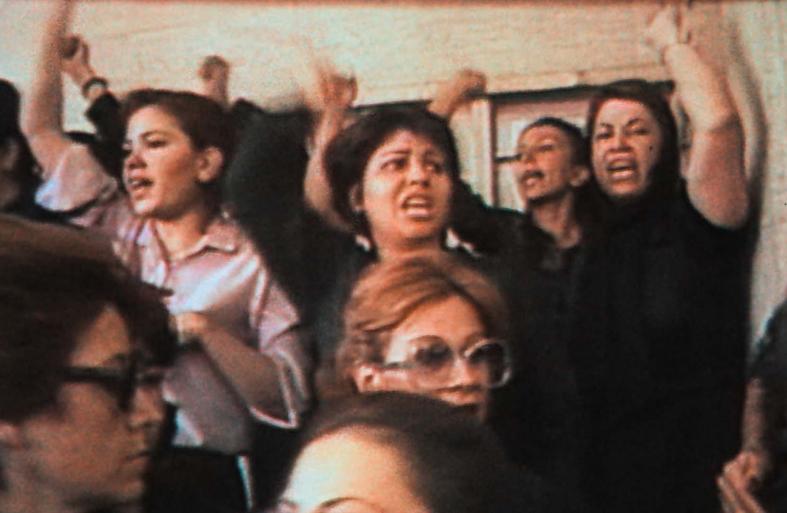The tremendous technological changes that cinema has undergone in the last decade, primarily the transition from film to digital, make it possible for many films to return to the screens and make world heritage treasures available to the public. Considerable activity in this field is also taking place here in the Israel Film Archive at the Jerusalem Cinematheque, the cumulative products of which can be found on the archive's website www.jfc.org.il.
ReFilm, the program celebrating restored treasures of cinema, was formed to broaden the view of archival work - here and around the world.
As in previous editions, the Cinematheque turns the spotlight on a cinematic discovery, a hidden treasure. This year we are proud to present a tribute to American. director Michael Roemer.
Michael Roemer was born in 1928 in Berlin. In 1939, he arrived in Britain, as part of the Kindertransport, then moved to the USA in 1945 and began studying at Harvard. "I was always an outcast," a fugitive, the son of a divorced mother. He discovered film during his studies, though he was not impressed by Hollywood cinema and wrote enthusiastic reviews of Kurosawa, Dreyer, and Bresson. The transition to behind the camera began not long after, in collaboration with who would be his professional partner in the years to come - Robert Young. To begin, he directed dozens of training and educational films; following, he directed a documentary for NBC, which was shelved due to its neorealistic depiction of poverty. However, Roemer continued to hone his cinematic style. In 1964, he directed his first feature, Nothing but A Man. To this day, the film is rightly considered a seminal work for its candid approach to the life of the African-American community in the 1960s South. Roemer employed what would become his trademark, a combination of observation devoid of clichés, contrasting his heroes with the society's obstacles. He maintained a sympathetic approach to his heroes but avoided unnecessary sentiments. The result is stunning in its honesty and emotional punch. But Roemer, who felt that the work surrendered to the American way where the heroes' determination can overcome reality, was disappointed. His next film was shot in the late 1960s and described the goings of a Jewish gamber kinpin after his release from prison. The film was met with a cold shoulder, and Roemer shelved it for 20 years. When he submitted the work to the Cannes and Toronto festivals, The Plot Against Harry was finally recognized for its brilliance. His third film, Vengeance Is Mine, is a melodrama of manners that takes place within the social reality of New England, and at the center are women whose lives are turned upside-down.
Roemer's body of work reveals a complex and intelligent filmmaker: suitable for the historical moment in which the films were made, with cleverly written scripts, and complex protagonists. Viewing his movies evokes a feeling of missing an original and singular filmmaker, whose circumstances steered his career into the margins. In the past year, and amazingly in the tenth decade of his life, Roemer has been rediscovered by the world.
The Michael Roemer Focus was made possible with the generous assistance of The Film Desk distribution company, with special gratitude to Jacob Perlin for his kindness and diligence.




